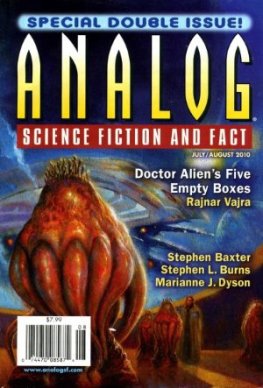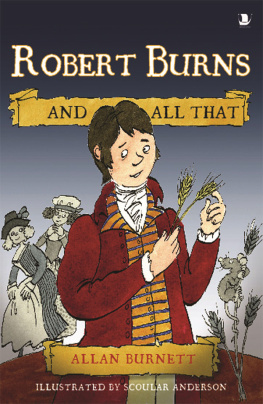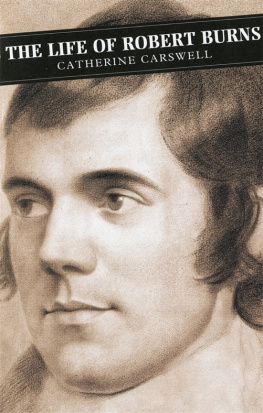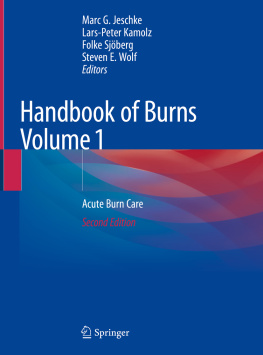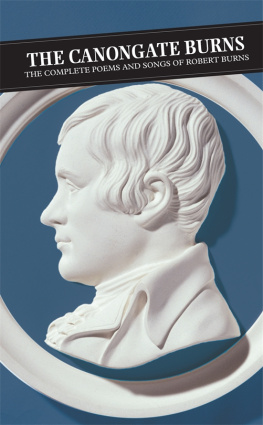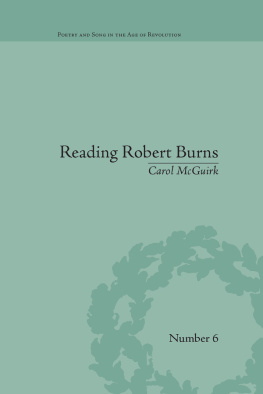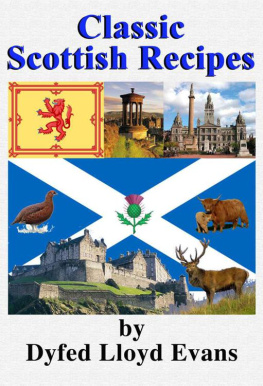Acknowledgments
T HIS COLLECTION IS A PRODUCT OF THE GLOBAL BURNS NETWORK (www.gla.ac.uk/globalburnsnetwork) sponsored by the UK Arts and Humanities Research Council; my first and chiefest debt is thus to the AHRC, without whom the Network project would not have been possible. The universities of Glasgow, Manchester, and Charles University, Prague, were the partners in the project, and my thanks goes to these institutions, and specifically to Gerry Carruthers, general editor of the Oxford Burns at Glasgow, Martin Prochzka of Charles University, Prague, and Alan Rawes, director of the Byron Centre at Manchester. I must also thank the hosts of the two major conferences that closed the first phase of the networks activities, the Royal Society of Edinburgh (Robert Burns in Global Culture, January 2009) and Charles University (Robert Burns in European Culture, March 2009). At the Royal Society of Edinburgh, John Richardson, who chaired the organizing committee, and the president, Lord Wilson of Tillyorn, were most supportive, as was Sue Walker, who bore the brunt of the organization. I owe an even deeper debt to Clark McGinn, president of the London Burns Club in 2009, who did so much to mastermind the Royal Society of Edinburghs first Burns Supper, and secured significant Royal Bank of Scotland support in difficult financial times, which enabled David Stenhouse of the BBC to invite Neal Ascherson to open the conference. Additional support from the University of Edinburgh supported the hosting of the Haydn Trio Eisenstadt in St. Cecilias Hall. The Trio sang the Haydn settings of Burnss songs for George Thomson and a new setting of the Lament of Mary Queen of Scots by James MacMillan, who came to speak to his music. In Prague, my thanks are due once again to Martin Prochzka, who secured the support of the Czech Association for the Study of English for the conference; and to Mrka Horova, his assistant.
My thanks are also due to the generous, dedicated and interested colleagues who formed the backbone of the network and its meetings. Without Valentina Bold, Rhona Brown, Gerry Carruthers, Robert Crawford, Leith Davis, Dominique Delmaire, Pauline Gray (now Pauline Mackay), Brean Hammond, Ronnie Jack, Nigel Leask, Kirsteen McCue (who did so much, not least securing Sheena Wellingtons voice and her own for the conferences), Clark McGinn, Murdo Macdonald, Bohuslav Mnek, Hamish Mathison, Silvia Mergenthal, Andrew Monnickendam, Martin Prochzka, Alan Rawes, Frauke Reitemeier, Zsuzsanna Varga, and Christopher Whatley it would have been impossible to begin to explore the huge range of topics we began to address in our meetings. Murdo and Chris are now working alongside me on one of the networks Phase 2 projects, the AHRC Beyond Text Inventing Tradition and Securing Memory: Robert Burns 17961909 grant. Leith Davis, who (together with Sharon Alker and Holly Faith Nelson) secured funding for a Transatlantic Burns workshop in Vancouver, deserves a special mention, as does Matt Wickman, who (among his many talents, from Hollywood scriptwriting to cutting-edge theory) curated a year-long Burns exhibition at Brigham Young University, Utah. The administration and Web site of the project were carried out with flawless efficiency by Pauline Gray (Mackay), whose unflappability and attention to detail will be an asset to whoever employs her after her PhD on Burns is awarded.
As ever, I owe my family the endless debt of time, understanding, affection, interest, and security. My deep appreciation of these things to Davina, Lexie, and above all to Anne.
Contributors
ROBERT CRAWFORDs books include The Bard: Robert Burns, A Biography (2009) and Scotlands Books: A History of Scottish Literature(2009). He edited Robert Burns and Cultural Authority (1997) and, with Christopher MacLachlan, The Best Laid Schemes: Selected Poetry and Prose of Robert Burns (2009). Robert Crawfords most recent collection of poems is FullVolume (2008), and in 2009 he edited the collection of specially commissioned New Poems, Chiefly in the Scottish Dialect. He is Professor of Modern Scottish Literature at the University of St. Andrews.
LEITH DAVIS is Professor of English and Director of the Centre for Scottish Studies at Simon Fraser University in Greater Vancouver, Canada. Her publications include Acts of Union: Scotland and the Negotiation of the British Nation (1998), Music, Postcolonialism and Gender: The Construction of Irish Identity, 17241874 (2005), and Scotland and the Borders of Romanticism (coedited with Ian Duncan and Janet Sorensen; 2004). A coedited collection of essays examining Robert Burns in a transatlantic context is forthcoming with Ashgate Press.
DOMINIQUE DELMAIRE is a Senior Lecturer at the university of Lyon. He is the author of a book on George Mackay Brown (LAscse de lcriture dans la posie de George Mackay Brown, 1999) and has published a number of essays and book chapters on Scottish poetry and literature (namely Burns, Stevenson, MacCaig, and Brown) as well as Carribean poetry (Brathwaite, Walcott).
R. D. S. JACK is a Fellow of the Royal Society of Edinburgh. He held a personal chair in Scottish and Medieval Literature at the University of Edinburgh from 1987 until 2004. Currently he is an Honorary Fellow in English Literature at Edinburgh and in the Scottish Literature Department at Glasgow University. He has published widely on Scottish, Medieval and Comparative topics. His books include, The Italian Influence on Scottish Literature, Patterns of Divine Comedy, and The Road to the Never Land. He is currently completing a monograph entitled, Myths and the Myth Maker: A Literary View of J. M. Barries Formative Years.
NIGEL LEASK is the Regius Professor of English Language and Literature at the University of Glasgow, where he is currently Head of the School of English and Scottish Language and Literature. He has published widely on Romantic literature and culture: recent books include Curiosity and the Aesthetics of Travel Writing 17701840 (2002) and Romanticism and Popular Culture in Britain and Ireland (2009), co-edited with Philip Connell. His Robert Burns and Pastoral: Poetry and Improvement in late-18th Century Scotland will be published by Oxford later this year. He is a Fellow of the Royal Society of Edinburgh and of the English Association.
PAULINE ANNE MACKAY is Research Assistant to the Global Burns Network. She is currently preparing to submit her Ph.D. thesis at the Department of Scottish Literature, University of Glasgow. Her research examines bawdry and the body in the work of Robert Burns and she has recently coedited and introduced an edition of Burnss TheFornicators Court (2009) with Dr. Gerard Carruthers.
CLARK McGINN was educated at Ayr Academy and graduated MA (Hons) in Philosophy from the University of Glasgow. Alongside his banking career in London and New York, he has been speaking and writing on Burnss life and works since school and is well known as a speaker at Burns Suppers across the world. His books include The Ultimate Burns Supper Book. He served as President of the Burns Club of London in 2009 and delivered the eulogy to Burns at the 250th anniversary Commemoration in Westminster Abbey. See more at http://www.seriousburns.com/.
SILVIA MERGENTHAL studied English and German at the universities of Erlangen, Germany, Austin, Texas, and St. Andrews, Scotland. Since 1997 she has been professor of English and Literary Theory at the University of Konstanz, Germany. She has published extensively on eighteenth- and nineteenth-century British poetry and prose, but she is also interested in contemporary literature, with a particular focus on constructions of identity.
ANDREW MONNICKENDAM is Professor of English at the Universitat Autnoma de Barcelona. His chapter on Robert Burns stems from his interest in the historical romance and especially how questions of desire are resolved in poetry and fiction. He has published mainly on the romance, and in particular on the figure of Christian Isobel Johnstone, whose epic


